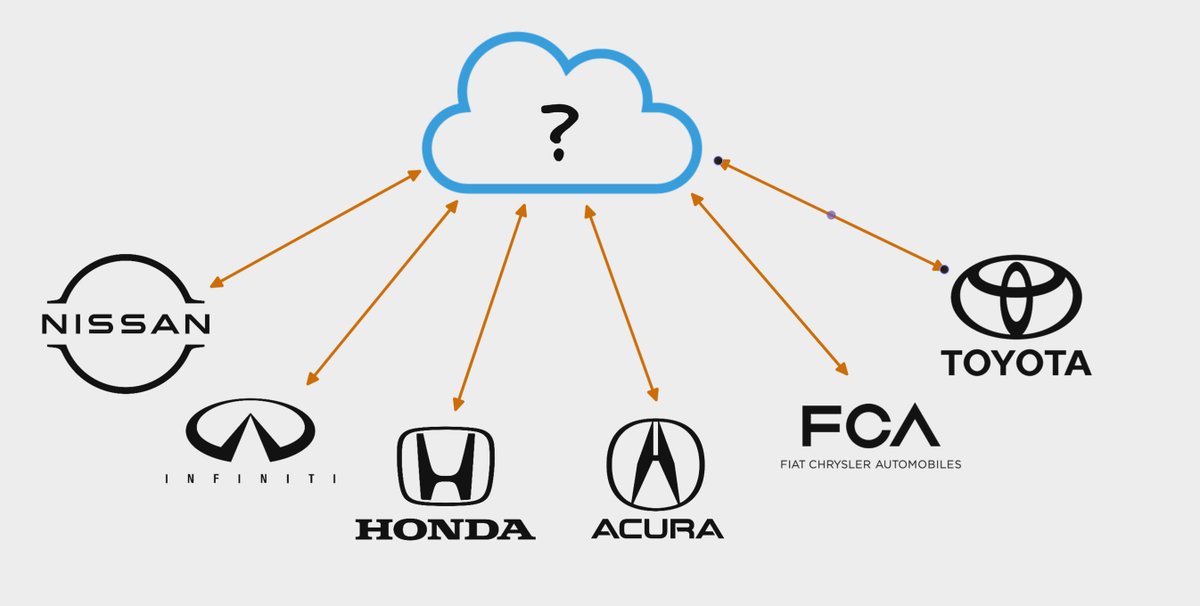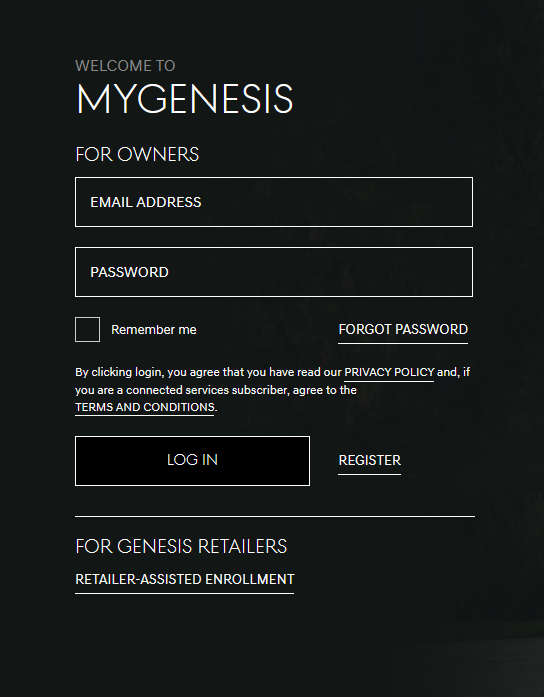The DOGE website appears to be developed and hosted by Outburst Data, run by current DOGE employee Kyle Schutt.
If you view the source of any page on the DOGE website, you'll see that the images are proxied through Cloudflare's ImageDelivery service.

If you view the source of any page on the DOGE website, you'll see that the images are proxied through Cloudflare's ImageDelivery service.


This service is a product by Cloudflare that helps images load quicker, but whenever used, inadvertently leaks a unique ID that ties back to the host's Cloudflare account. The unique ID that DOGE is using is the following: DzHG7ZU0tz6F1ZKEddmHuw 

After doing a quick Google search for the Cloudflare account ID, we found a forum post by a user named Kyle Schutt who is asking for help developing a NextJS website on Cloudflare, posting the same account ID as the DOGE website in their forum post. 



After Googling Kyle Schutt's name, we found a (now deleted) GitHub account which referenced him as the CTO of a company called Outburst Data.
There were still more Google results for the Cloudflare account ID, so we went back to Google and continued down the list.

There were still more Google results for the Cloudflare account ID, so we went back to Google and continued down the list.


We saw the same Cloudflare ID on the AMERICA PAC website, showing that the account was being used to a host a number of different Elon Musk related websites. 



After digging into Outburst Data, we found a number of different subdomains related to AMERICA PAC, DOGE, and WinRed hosted on the same Outburst Data API domain.
- doge-25f.outburstapi[.]com = DOGE
- ampac.outburstapi[.]com = AMERICA PAC
And a few more in the screenshot.
- doge-25f.outburstapi[.]com = DOGE
- ampac.outburstapi[.]com = AMERICA PAC
And a few more in the screenshot.

This was super interesting to us, because the DOGE website was deployed a bit atypically compared to the other US government websites we'd seen in the past while participating in responsible disclosure. Thanks to @iangcarroll for the help looking into this.
• • •
Missing some Tweet in this thread? You can try to
force a refresh















